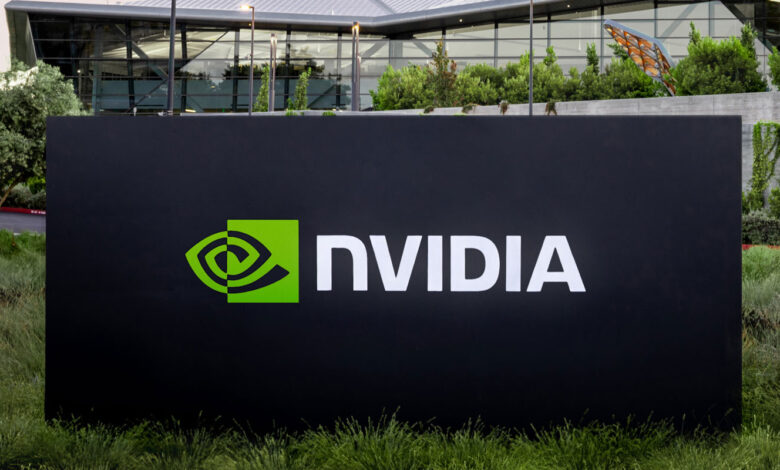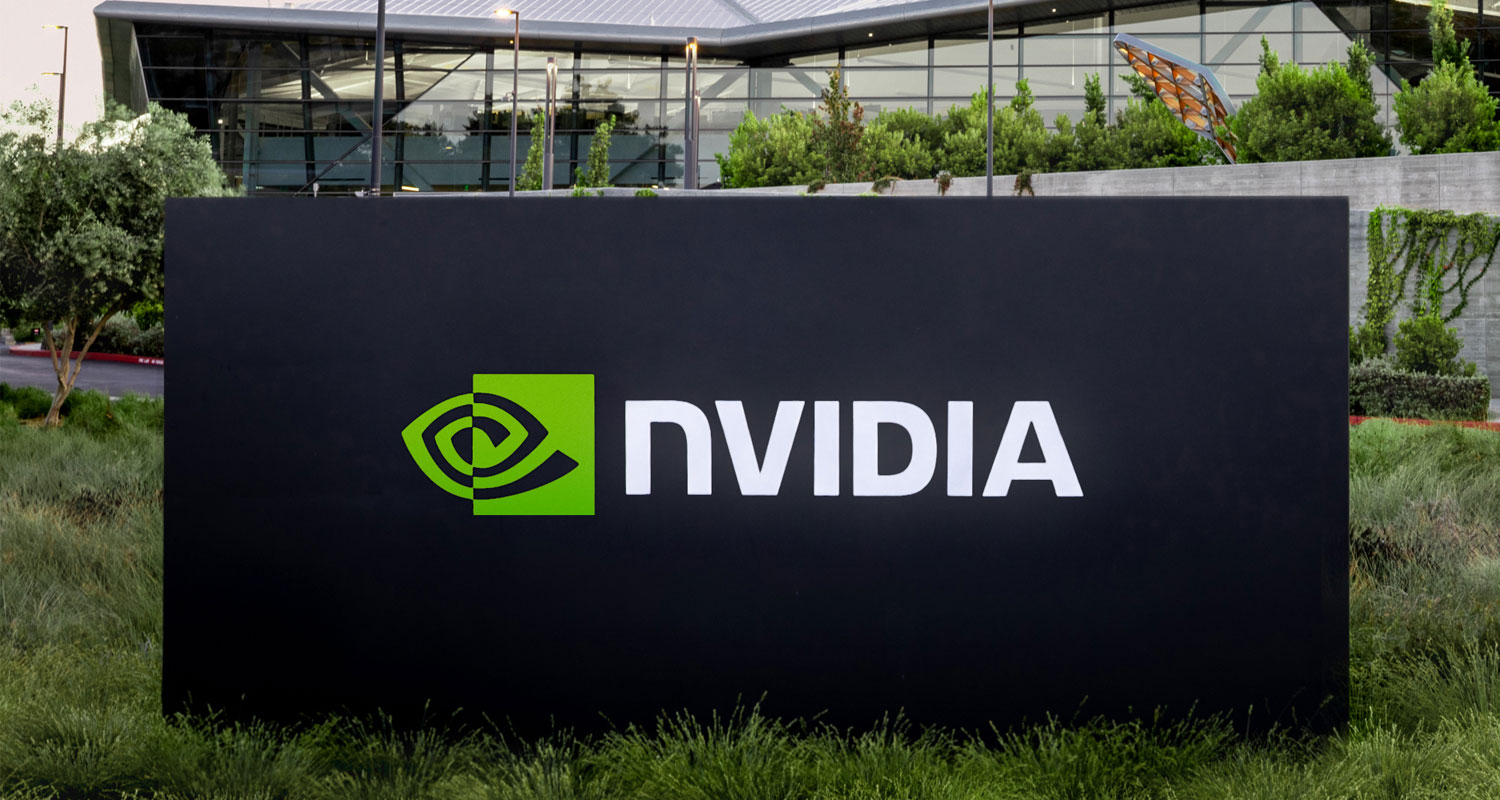Nvidia’s dominance in AI chips deters funding for start-ups

 Nvidia’s supremacy in building computer chips for artificial intelligence has chilled venture funding for would-be rivals, investors said, with the number of US deals this quarter falling 80% from a year ago.
Nvidia’s supremacy in building computer chips for artificial intelligence has chilled venture funding for would-be rivals, investors said, with the number of US deals this quarter falling 80% from a year ago.
The Santa Clara, California company dominates the market for chips that work with massive amounts of language data. Generative AI models get incrementally smarter through exposure to more data, a process called training.
As Nvidia has grown stronger in this area, the harder it has become for companies attempting to build competing chips. Seeing these start-ups as a riskier bet, venture financiers are newly unwilling to provide big cash infusions. Advancing a chip design to a working prototype can cost more than US$500-million, so the pullback has quickly threatened the start-ups’ prospects.
“Nvidia’s continued dominance has put a really fine point on how hard it is to break into this market,” said Greg Reichow, a partner at Eclipse Ventures. “This has resulted in a pullback in investment into these companies, or at least into many of them.”
US chip start-ups have raised $881.4-million through to the end of August, according to PitchBook data. That compares to $1.79-billion for the first three quarters of 2022. The number of deals has dropped from 23 to four through the end of August.
Nvidia declined to comment.
AI chip start-up Mythic, which has raised about $160-million in total, ran out of cash last year and was nearly forced to halt operations, technology website The Register reported. But it managed to bring in a relatively modest $13-million investment several months later in March.
Nvidia has “indirectly” contributed to overall AI chip fundraising woes, because investors want “home run only type investments with a huge investment, huge return”, Mythic CEO Dave Rick said.
Tough conditions
Difficult economic conditions have added to the downturn in the cyclical semiconductor industry, Rick said.
A secretive start-up called Rivos, which is working on chip designs for data servers, has had trouble raising funding recently, said two sources familiar with the company’s situation.
A Rivos spokesman said Nvidia’s market dominance hasn’t hindered its fundraising efforts and its hardware and software “continues to excite our investors”. Rivos is embroiled in litigation with Apple, which has accused the company of stealing intellectual property, and this has compounded the fundraising challenge.
Read: Nvidia CEO Jensen Huang amasses a growing fortune
Chip start-ups looking to raise cash are facing tougher demands from investors. They require companies to have a product that is within months of launch or already generating sales, sources said.
About two years ago, new investments in chip start-ups were often $200-million or $300-million. That has fallen to about $100-million, according to PitchBook analyst Brendan Burke.
At least two AI chip start-ups have overcome investor reluctance by trumpeting potential customers or their relationships with well-known executives.
 To raise $100-million in August, Tenstorrent boasted about CEO Jim Keller, a near legendary chip architect who has designed chips for Apple, AMD and Tesla.
To raise $100-million in August, Tenstorrent boasted about CEO Jim Keller, a near legendary chip architect who has designed chips for Apple, AMD and Tesla.
D-Matrix, which has projected revenue of less than $10-million this year, raised $110-million last week, bolstered by financial backing from Microsoft and a commitment by the Windows maker to test d-Matrix’s new AI chip after it launches next year.
While these chip makers in Nvidia’s shadow struggle, start-ups in AI software and related technologies do not face the same constraints. They brought in about $24-billion in funding this year through to August, according to PitchBook data.
Read: Nvidia is ‘not too big to fail’
Despite Nvidia’s dominance in AI computing, the company does not have an unassailable lock on the sector. AMD plans to launch this year a chip that will compete with Nvidia’s, and Intel leapfrogged development by gaining a rival product in an acquisition. Sources see these as having long-term potential to become alternatives to Nvidia’s chip.
There are also adjacent applications that could provide openings for competitors. For example, chips that perform data-intensive computing for prediction algorithms are an emerging niche. Nvidia does not dominate this area and it’s ripe for investment. — Max A Cherney, (c) 2023 Reuters





